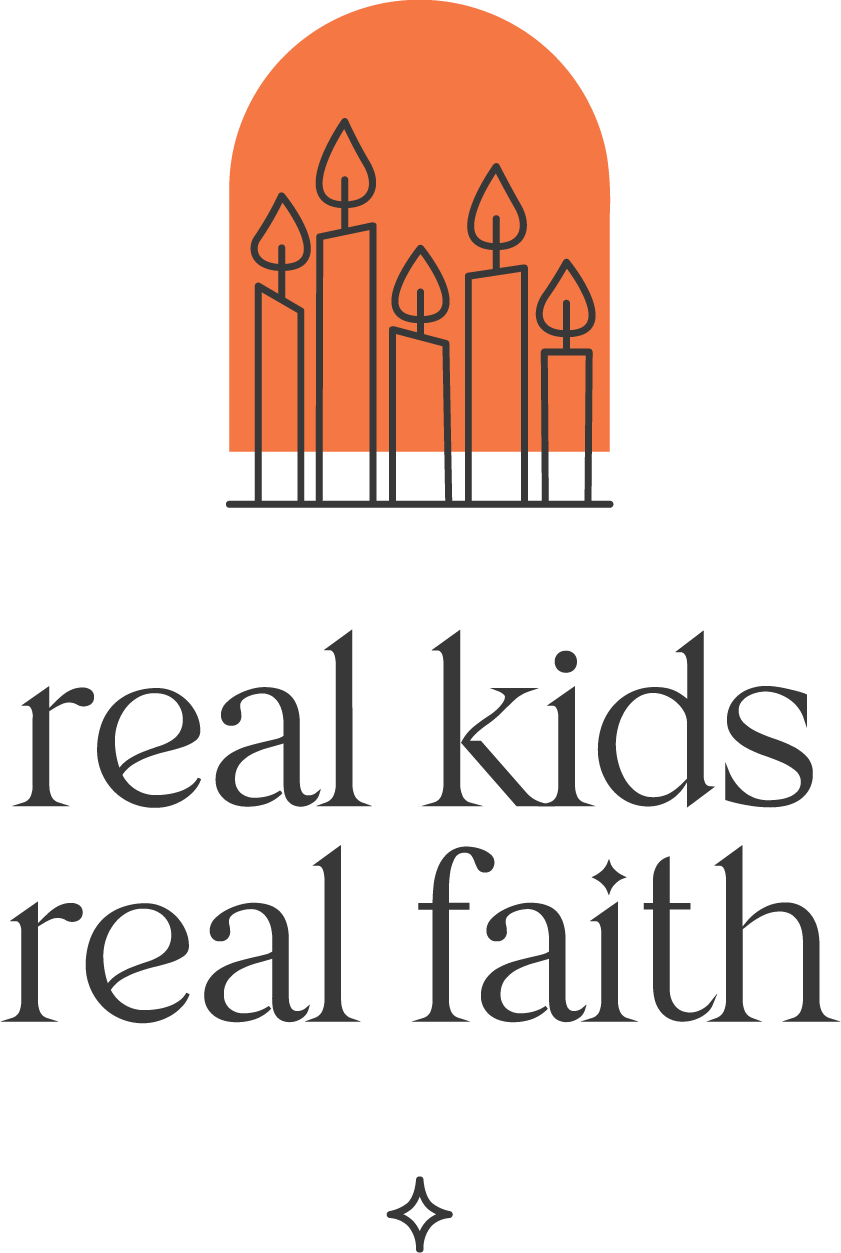The common idea that spirituality is a private matter creates a dilemma for organizations that partner with families to nurture children’s spiritual identities. Do we carry out our work quietly as a matter of privacy, or do we challenge problematic social stereotypes of spirituality by promoting our work in the public realm?
Contemporary social science comes down firmly on the side of public learning. Not only is public learning more transparent, it also provides a counternarrative to media depictions of spirituality. It expands the pool of people invested in children’s spiritual identity formation and encourages asset-based perspectives toward children. And it pushes communities to examine their own biases about normative spiritual values and practices.
Public learning encourages transparency and accountability. Instead of hidden assumptions and vague or flexible goals that we can change at will, a public learning approach shares our goals and outcomes with a wider group of stakeholders. Parents, caregivers, and other community leaders can then hold us accountable for the quality and implementation of our plans.
Public learning counters mass media stereotypes of spiritual beliefs and practice. It suggests that spirituality is not meant to be hidden away, but instead integrated into children’s public activities. It encourages inward and outward manifestations of spiritual values so that spiritual nurture benefits both individual children and the common good.
Public learning invites a larger, more diverse community to help assess and refine spiritual learning goals. It creates a culture of regularly examining biases within our teaching and learning practices with people who hold different perspectives. It also expands the network of adults responsible for children’s spiritual care and – ideally – diversifies that network as well.
Public learning affirms the spiritual assets children bring to communities. Instead of seeing children as ‘less than’ adults or ‘lacking’ in spiritual behaviors, a public learning approach seeks to identify what each child brings to the work of spiritual learning. Does a child ask pressing questions (even if we feel they come at inconvenient times)? Is a child passionate about a social justice issue (even if we would prefer to focus our attention elsewhere)?
Public learning requires adults to be reflective practitioners. Instead of developing a program, implementing it as planned, and waiting until it’s over to assess its effectiveness, we reflect continually throughout the planning and implementation process. And we do our reflecting in the company of others so that we are less likely to rationalize or ignore the issues that arise.
That brings me to the most practical aspect of public learning: the reflective process itself. Mills College School of Education suggests organizing regular fishbowl-style conversations with other teachers or an advisory group. You then share briefly with the group a scenario or teaching concern that you have. Group members respond not with solutions, but with questions, such as:
- What is your spiritual learning goal related to this situation?
- What would success look like if children met this goal?
- What have you observed about the children involved?
- What assets do the children involved bring to the spiritual community?
- What assumptions or biases might be influencing your interpretation of the situation?
Only after you have considered and thoughtfully responded to the group’s questions may you switch focus and invite the group to offer their observations and ideas. That way, no one rushes in with a solution before careful reflection has been done.

Comments